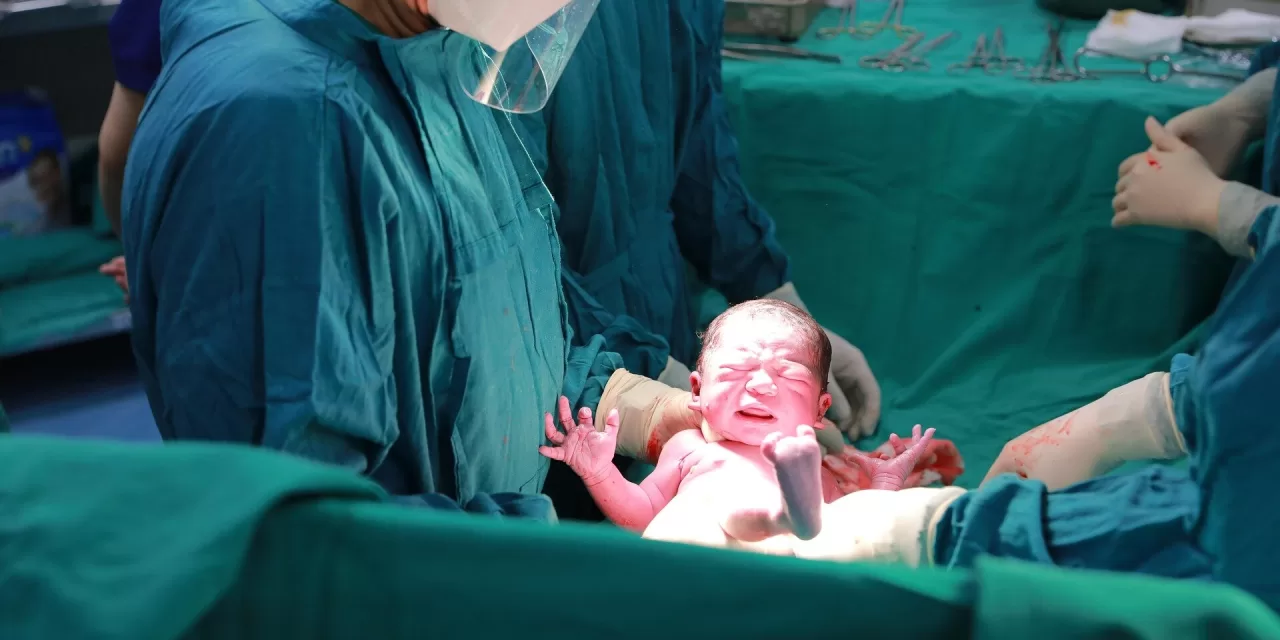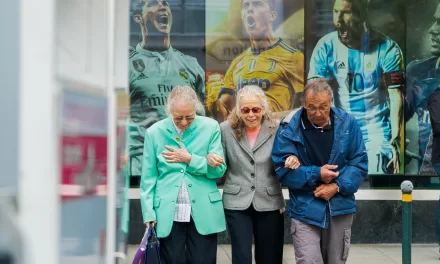January 24, 2025 – Amid growing reports of Indian nationals in the U.S. on temporary visas requesting early C-sections, a leader in the Indian medical community has raised concerns over the ethics and medical feasibility of such requests. The phenomenon stems from President Donald Trump’s executive order, which would limit birthright citizenship to children born to U.S. citizens or Green Card holders, excluding babies born to those on temporary work or student visas.
Expecting Indian parents, particularly those on H1-B or L1 visas, have been reportedly seeking to schedule C-sections before the February 19, 2025, deadline, fearing that their children might lose automatic U.S. citizenship under the new policy. The order, titled Protecting the Meaning and Value of American Citizenship, has caused a wave of panic within the community, especially among those on work and student visas, including a large number of Indian nationals.
Dr. Avinash Gupta, regional director of the American Association of Physicians of Indian Origin (AAPI), expressed skepticism about the practice of performing early C-sections for non-medical reasons. “While some may request it, I don’t think any reputable doctor would carry out such a procedure without legitimate medical necessity,” he said. “There are ethical and legal concerns involved in performing C-sections months or weeks before the due date, and the health risks to the baby could be significant.”
Premature babies are at a higher risk of numerous health complications, including respiratory issues and developmental delays. Additionally, Gupta noted that doctors could face potential medical malpractice lawsuits if complications arise due to the premature birth. “If something goes wrong, the statute of limitations allows for lawsuits to be filed up to the age of 18, which could put doctors at risk years down the road.”
Trump’s executive order has stirred controversy, as it seemingly targets only children born to non-citizens, including those on temporary visas. However, the wording of the order excludes children of U.S. citizens or Green Card holders from these restrictions. The exclusion of children born to H1-B visa holders, L1 visa holders, and other non-permanent residents is a concern for hundreds of thousands of Indian nationals in the U.S.
The order has prompted legal challenges from 22 states and two cities, with opponents arguing that it violates the 14th Amendment of the U.S. Constitution, which guarantees birthright citizenship. According to constitutional experts, the amendment’s text — “All persons born or naturalized in the United States” — provides an unambiguous right to citizenship for all those born in the U.S., regardless of their parents’ immigration status.
While the legal battle is expected to drag on for years, with the outcome uncertain, immigration law experts suggest that the affected children may be eligible for dependent nonimmigrant status under their parents’ visas, and later pursue other paths to permanent residency or citizenship, such as Green Card sponsorship by their parents.
As the legal challenges continue, medical professionals like Dr. Gupta are urging caution and highlighting the potential risks to both the health of unborn babies and the legal standing of doctors who might consider accommodating such requests.
“This is an incredibly sensitive situation for many families, but the health and well-being of the mother and child must always come first,” Dr. Gupta emphasized.












